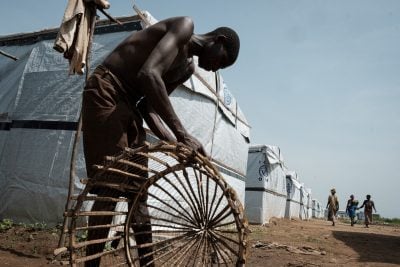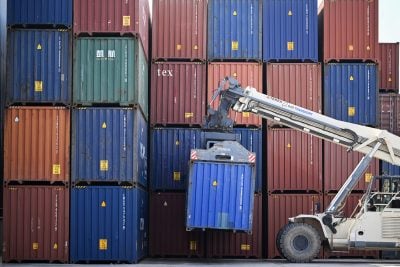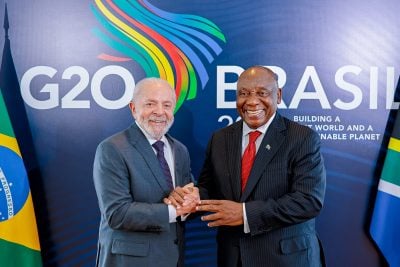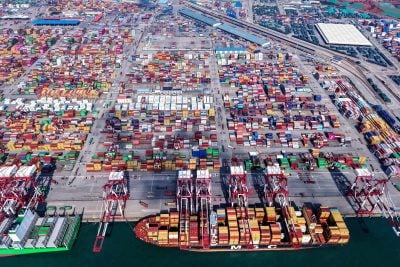The World Trade Organisation begins its first ministerial conference in sub-Saharan Africa today in Nairobi. Coinciding with its 20th anniversary, the gathering will focus on the WTO’s core job: making trade possible.
Despite record high global trade volumes, some question the WTO’s relevance, given the stalemate over the Doha Round negotiations. This does a disservice to the organisation’s ongoing accomplishments, from the accessions of Liberia and Kazakhstan to the work on trade facilitation, as well as the monitoring work of the WTO’s non-negotiating committees which helped contain protectionist pressures during the recent crisis.
The United Nations Global Goals recognise the importance of trade for sustainable growth and development and Nairobi must deliver on them by moving the WTO agenda forward.
Members have already identified issues for progress. Simplifying rules of origin requirements would make it easier for least-developed countries (LDCs) to process imported raw materials for duty-free export to other markets. Reforming agricultural export support and reducing tariffs and subsidies to cotton would create opportunities for African exporters. There has also been discussion on providing greater transparency around trade policies and paying particular attention to micro, small and medium-sized enterprises.
A development-focused Nairobi package could inject energy into the WTO’s negotiating function and set the stage for post-Nairobi work on key issues affecting today’s trade, from fisheries and domestic farm subsidies to investment or e-commerce.
At the same time, African governments and businesses know all too well that making trade possible is not the same as making trade happen.
The WTO’s primary function is to keep the demand side open. But nominally open markets and innovation in the business community can be hindered by complex non-tariff measures and lack of information on public and private standards. And trade success is impossible without a capable supply side: competitive companies with the information and infrastructure to connect to regional and overseas markets, and the ability to supply them with quality goods and services.
Together with the private sector, well-targeted development assistance plays a critical catalytic role here, and December marks the tenth anniversary of the WTO Aid for Trade initiative. Along with supporting Aid for Trade, ministers in Nairobi should throw renewed support behind the Enhanced Integrated Framework – a trade capacity-building initiative for the world’s poorest countries.
African governments have much to do to promote trade within the continent and globally. The Tripartite Free Trade Area launched in June cannot realise its full potential unless governments build cross-border physical and electronic infrastructure, and aggressively tackle regulatory measures and other non-tariff requirements that frustrate the movement of goods and services. A successful outcome at the conference, including a strong post-Nairobi roadmap, would provide additional impetus to the movement for African continental integration. With mega-regional trade deals going forward across both the Pacific and the Atlantic, Africa must act strategically to avoid marginalisation. Active support for multilateralism, coupled with redoubled efforts on regional integration, would help African countries capitalise on something they have that much of the world increasingly does not: growth.
The International Trade Centre will continue to be Africa’s partner on this journey.
Arancha González is the Executive Director of the International Trade Centre.
Want to continue reading? Subscribe today.
You've read all your free articles for this month! Subscribe now to enjoy full access to our content.
Digital Monthly
£8.00 / month
Receive full unlimited access to our articles, opinions, podcasts and more.
Digital Yearly
£70.00 / year
Our best value offer - save £26 and gain access to all of our digital content for an entire year!
 Sign in with Google
Sign in with Google 


